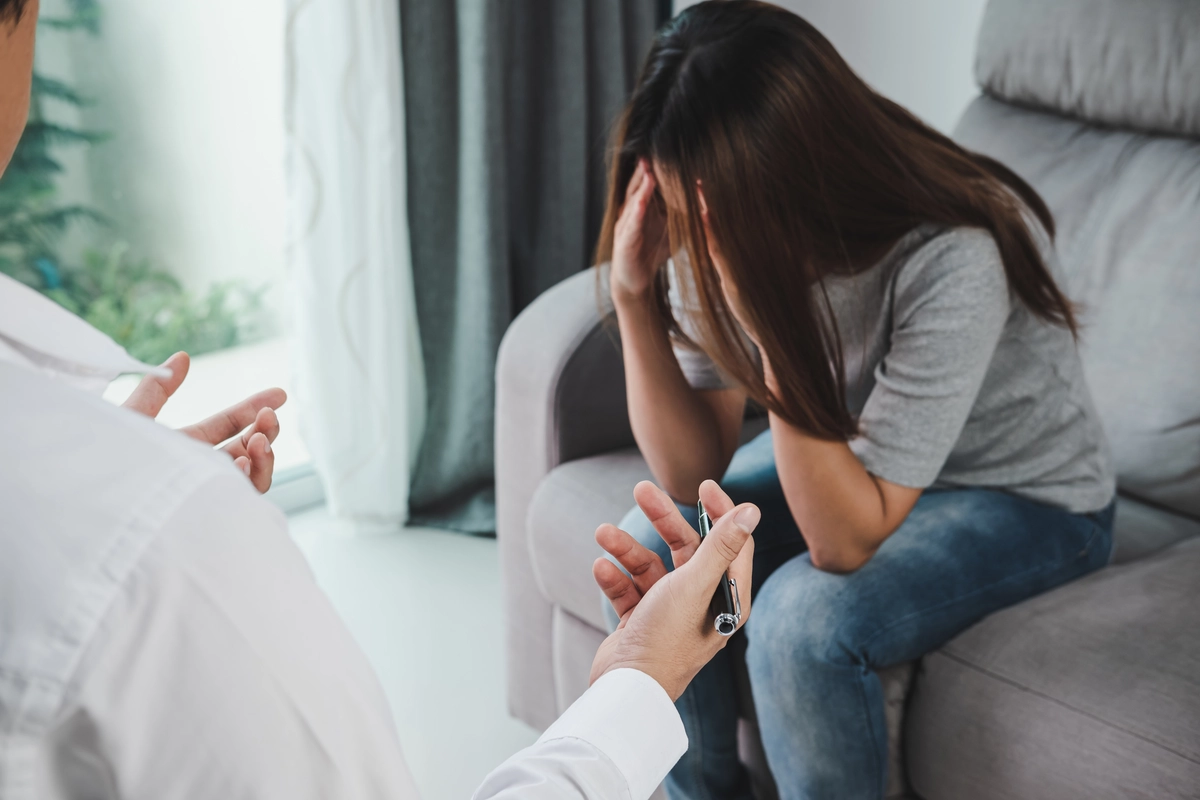24/7 Helpline:
(866) 899-221924/7 Helpline:
(866) 899-2219
Learn more about Bipolar Disorder Treatment centers in Wexford County
Bipolar Disorder Treatment in Other Counties

Other Insurance Options

State Farm

BlueCross

ComPsych

American Behavioral

Humana

PHCS Network

Evernorth

Self-pay options

Cigna

Optum

Anthem

Magellan Health

AllWell

UnitedHealth Group

MVP Healthcare

Covered California

WellCare Health Plans

Carleon

Magellan

Lucent























































Northern Lakes Community Mental Health
Northern Lakes Community Mental Health is a public rehab located in Cadillac, Michigan. Northern Lak...

Al – Anon
Al – Anon is a non-profit rehab located in Cadillac, Michigan. Al – Anon specializes in the treatmen...

Hope Network Developmental and Community Services, Cadillac Center
Hope Network Developmental and Community Services, Cadillac Center is a private rehab located in Cad...





















